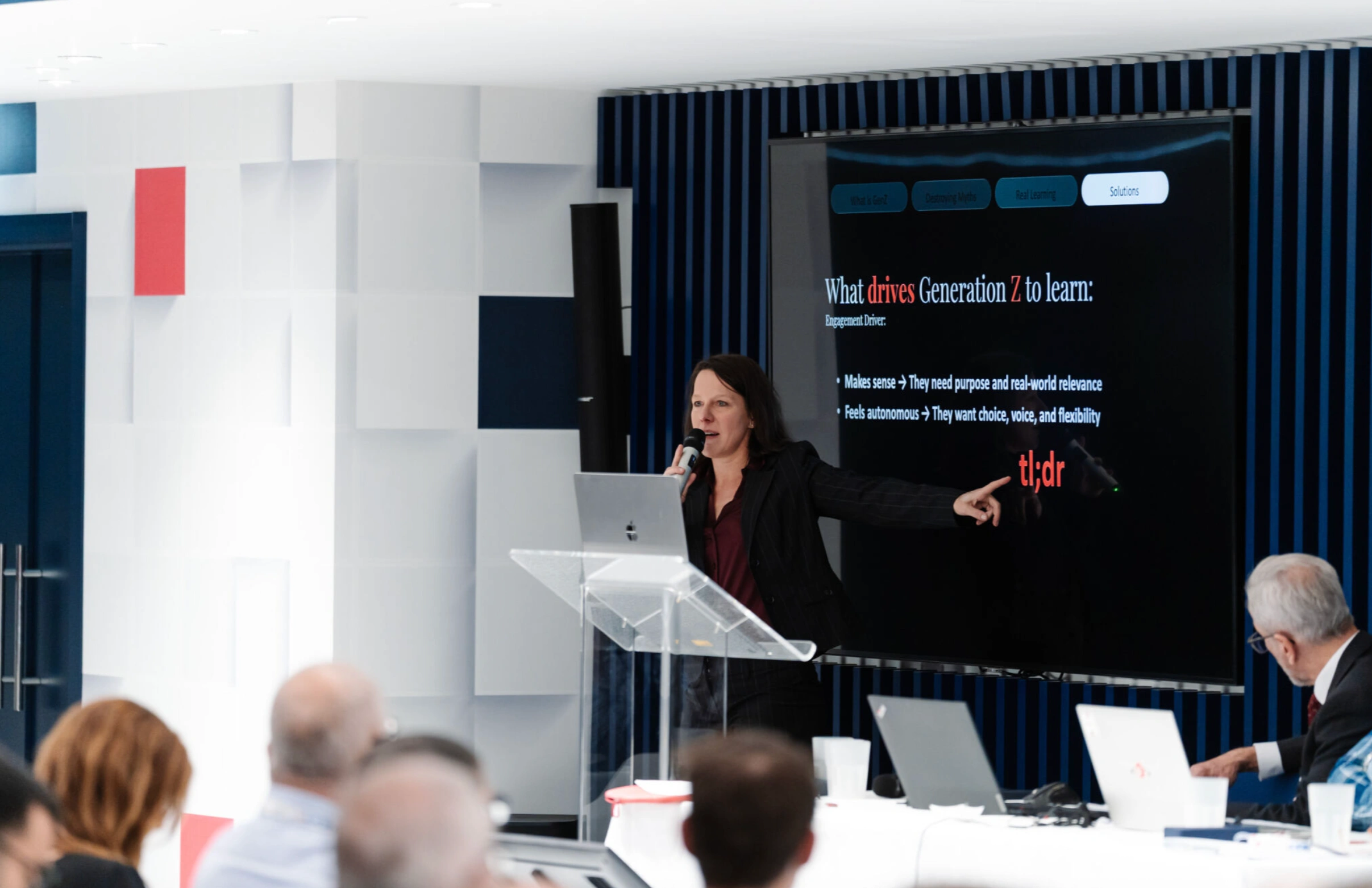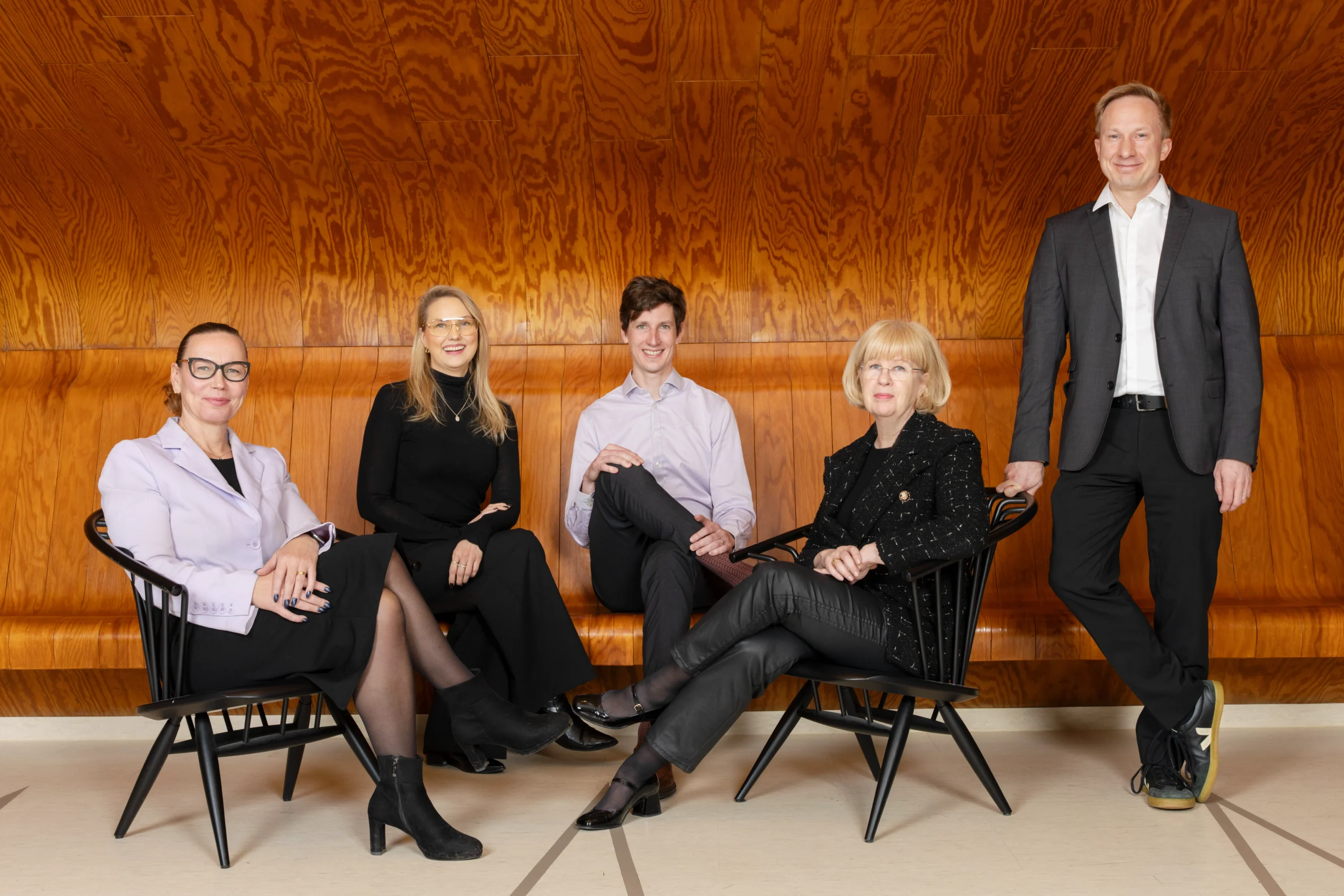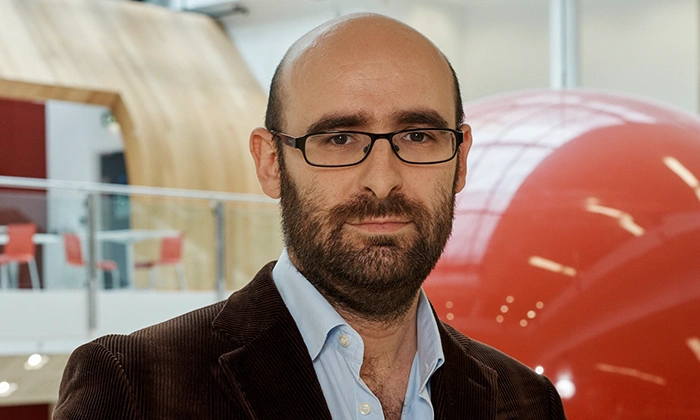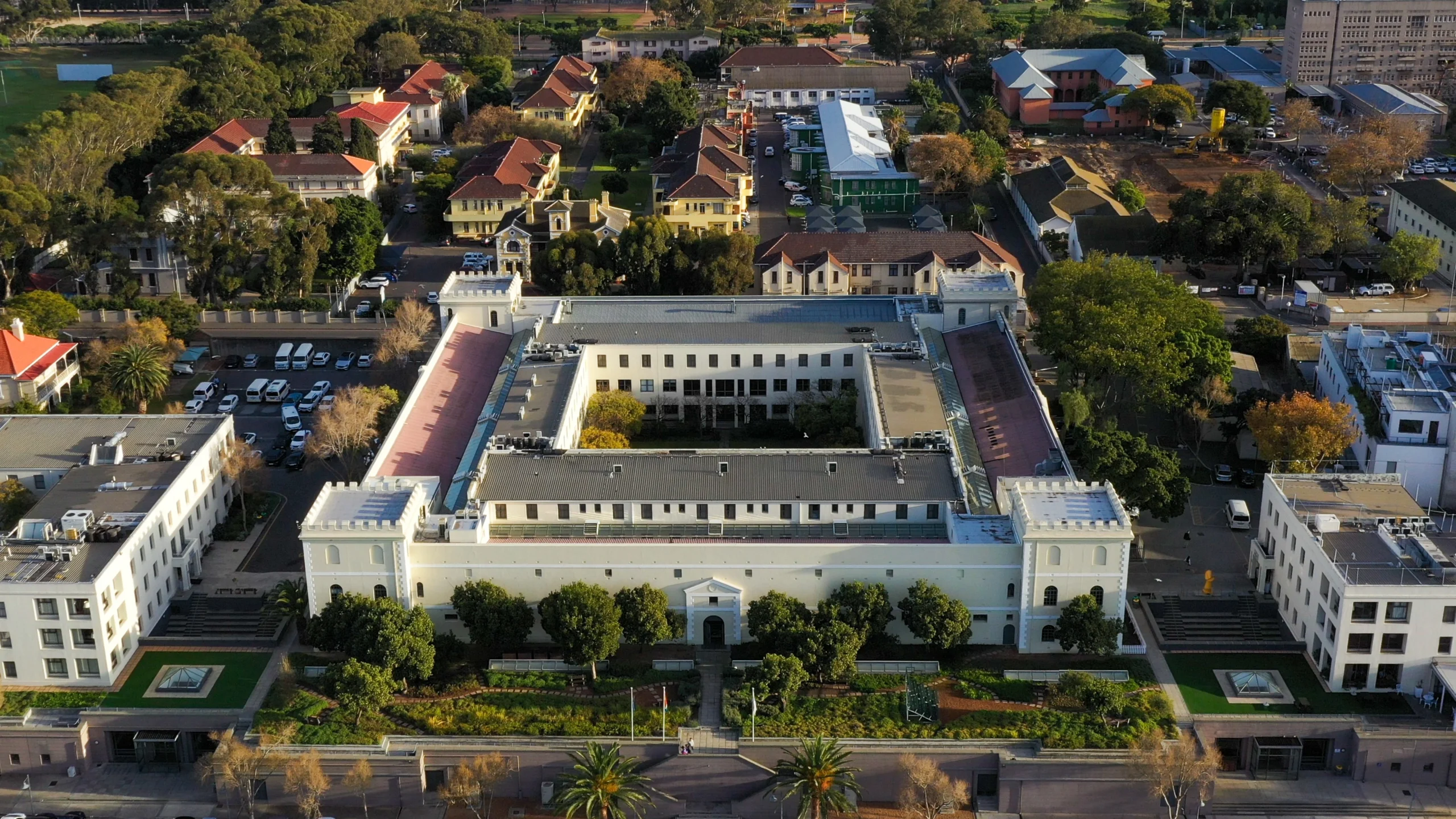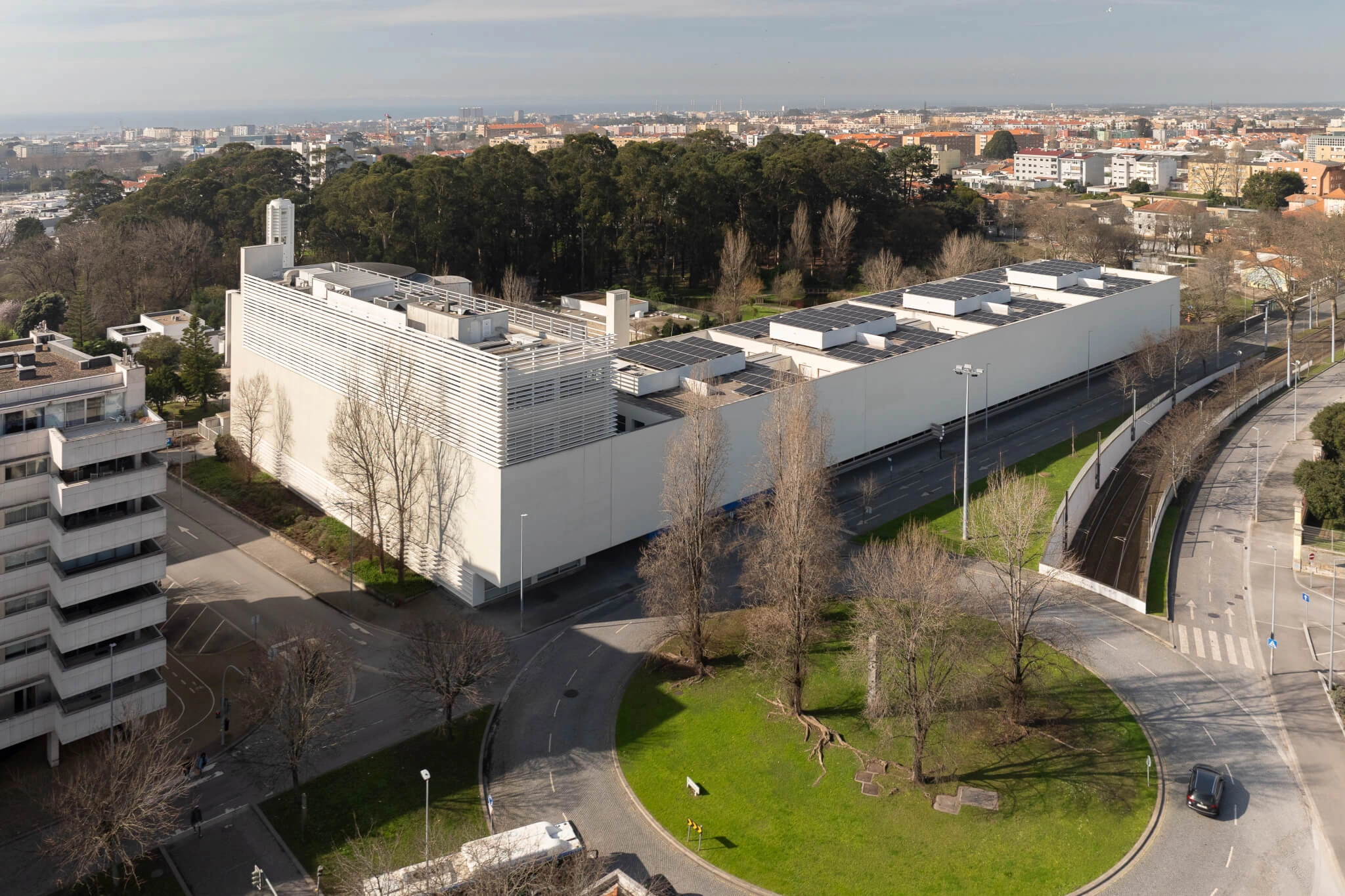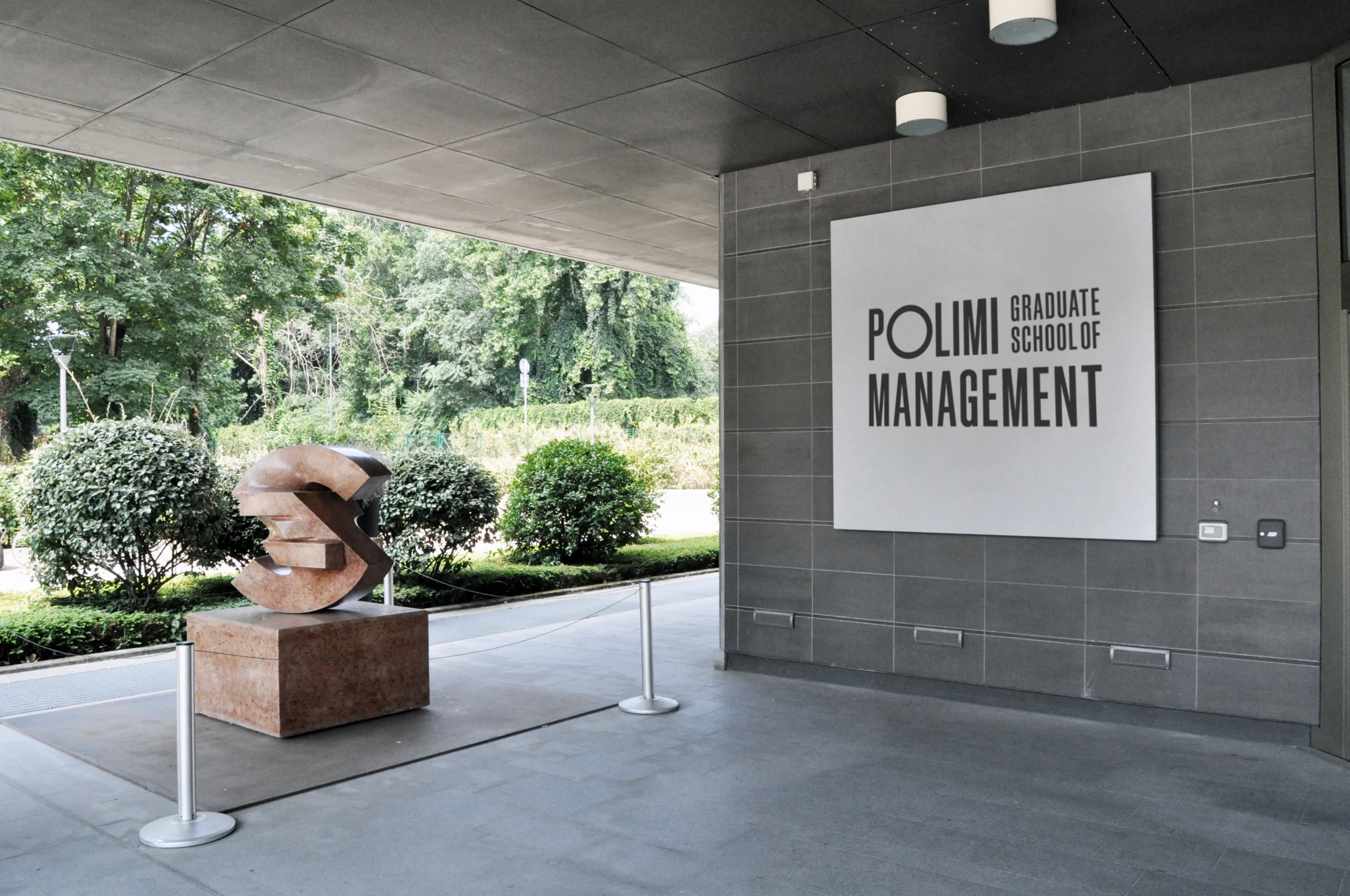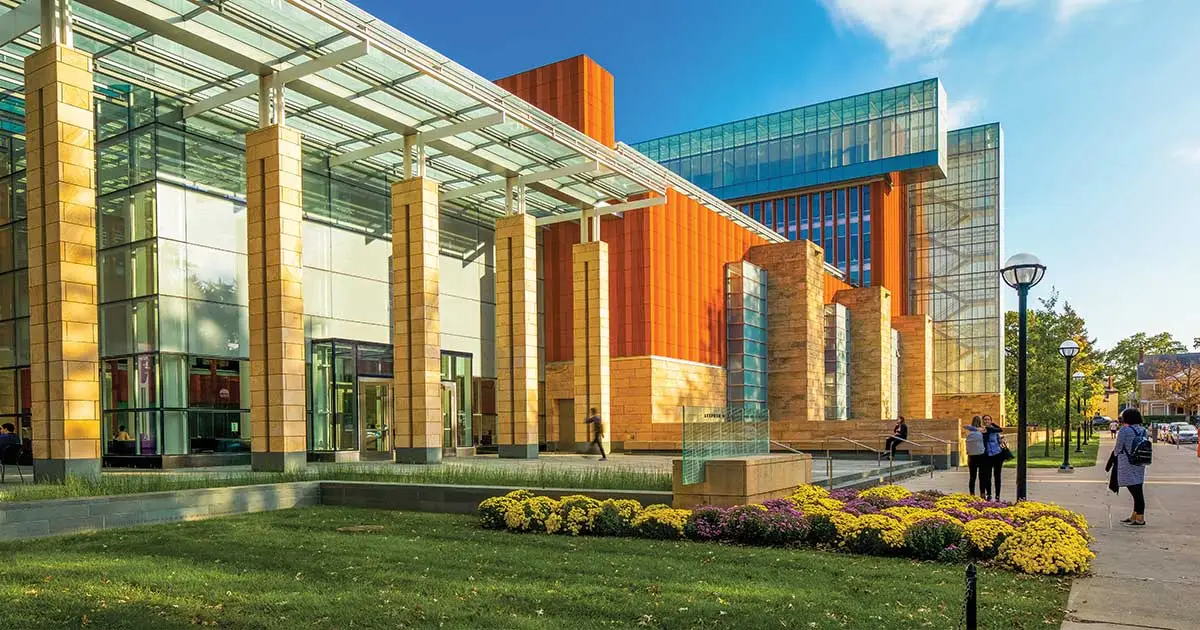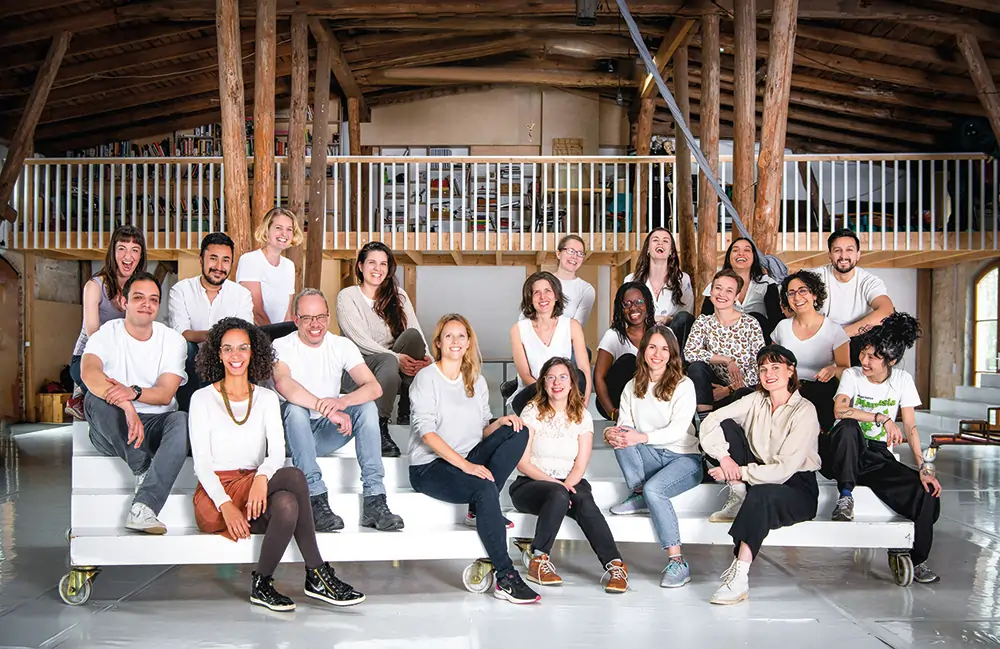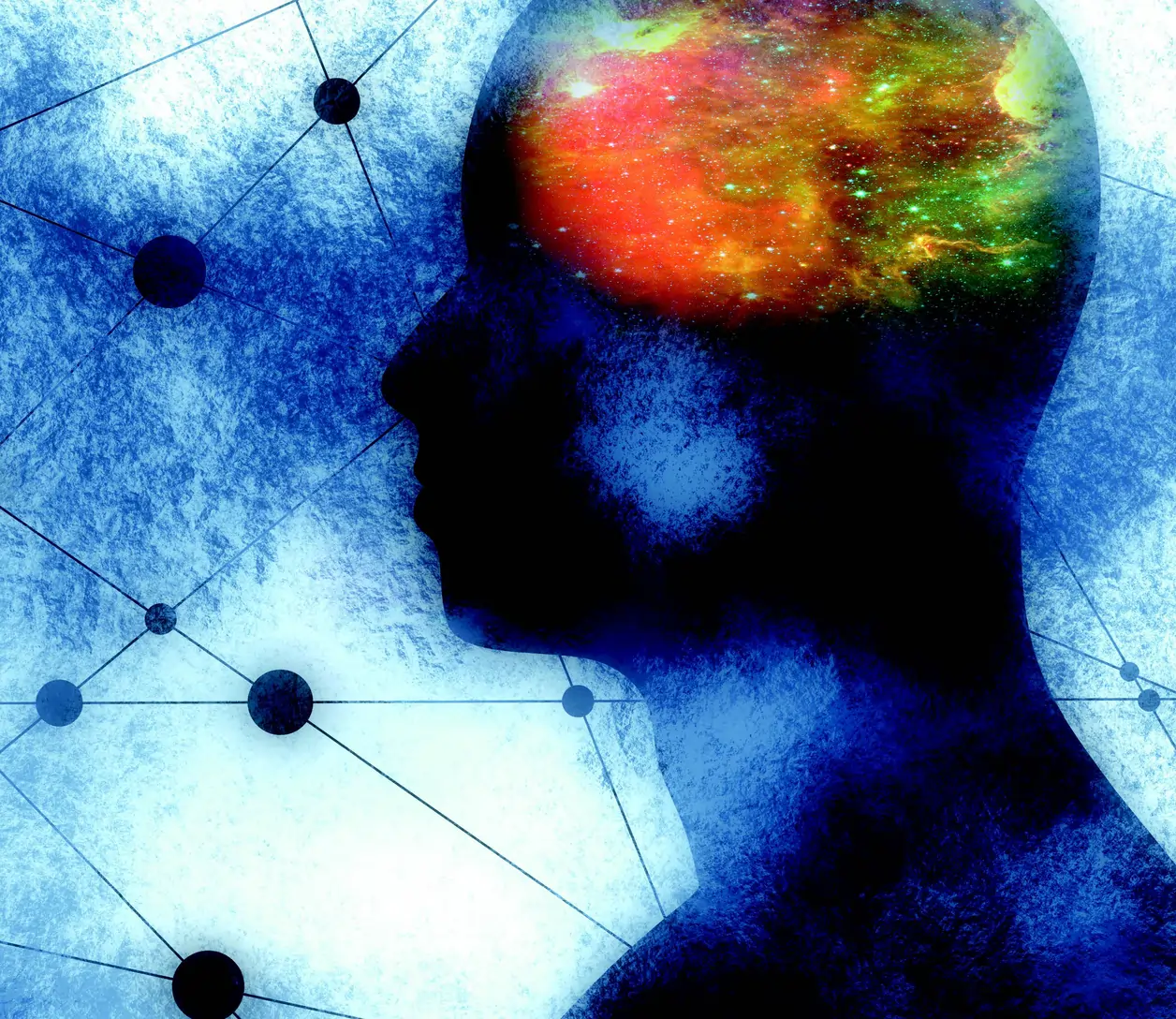Four major global changes coronavirus may cause

John E. Kaye
- Published
- Executive Education, Home

From a pan virus-free bubble, to an over-investment in healthcare, Chengwei Liu of ESMT Berlin examines the possible fallout of the Covid-19 pandemic
Coronavirus has been passed from China to nearly every country on Earth within a few months, and has unfortunately taken the lives of over 400,000 people globally. Many claim that this pandemic has effectively ended globalisation, and the free flows of people, goods and investment it relies on. Whilst some argue that this pandemic shows why we need collaborations at a global scale more than ever to stop its diffusion. There is no doubt that globalisation will evolve and transform due to this pandemic, and I believe there are four possible changes in the international economic and political landscape that could really shape the new normal.
A pan-virus-free bubble
Globalisation brings huge benefits, but also huge risks. Local crises can escalate very fast and influence every member in an interdependency system, as we are currently witnessing. To revive the economy, many countries are planning to open up. But the question is, what countries is it safe to open up to?
For individuals, historically the perception of trust usually depends on similarity, hence we see partnerships between similar countries. However, the heuristic of judging infection threat by race is pointless given that the virus has proved it will adapt to all conditions and geographies. Instead, the key to whether a country is safe to open up to is related to their culture and governance system, and whether they are deemed trustworthy.
Countries that have so far tackled the crisis will share certain characteristics. Some were impacted by a similar virus, SARS in 2002, and developed a culture of minimal physical contact and wearing masks. Some have political leaders who understand the diffusion dynamics and introduced the necessary policies early on. People from these countries are much less likely to carry the virus than those from countries that lack these cultures or governance mechanisms.
A pan-virus-free bubble could be formulated between these perceived trustworthy countries, and some initiatives are already in progress, such as the travel bubble between Australia and New Zealand. Some countries plan to open up more aggressively to save the economy but this may well generate subsequent waves so serious that they need to close down again. These countries need to adapt and earn the trust of others.
The pandemic may therefore create a variation of globalisation: a semi-globalisation built on trust. The judgement is still related to similarity, not on demographic profiles but on which systems individuals are from. Countries that fail to become trustworthy will be excluded from the bubble. For example, Greece left the UK off a list of 29 countries eligible to visit the country in its first phase of international travel – despite the economic contributions British tourists make.
A strengthened European Union
Another possible variation of globalisation is strengthened regionalisation, particularly the EU. Many observers thought the EU appeared to be broken at the start of the coronavirus outbreak when countries closed their borders and refused to support each other. But with the unfolding of the crisis, coronavirus may ™ present an opportunity for EU members to work even more closely in the foreseeable future.
The EU may look to re-shore much of its manufacturing from China, which now accounts for 16% of global output – four times higher than in 2003. There is an over-reliance on China, hence the world being affected by issues that begin in the country. The coronavirus crisis may help firms justify to their stakeholders the costs of diversifying the supplier base. Moreover, as the largest economy while the US is having an escalating trade war with China, the EU may attract many businesses to manufacture goods and sell them within, allowing a self-sufficient system with great scale and a faster recovery than other economies. The EU’s legal and trade frameworks also allow firms to benefit from supplier diversity from its 27 member states while having the certainty of running business.
However, if China loses the status of being the “world’s factory” due to the coronavirus crisis and political turmoil, this will hurt the purchase power of Chinese consumers due to reduced earnings and opportunities, and, in turn, hurt the Western firms whose revenues depend on a thriving Chinese economy. This may in part explain why German Chancellor Merkel says EU has “strategic interest” in working with China, despite increased scepticism of the way China has evolved politically.
This is bad news for the UK. The coronavirus hit the UK hard and its recovery relies even more on the EU when the rest of the world is closing down. However, the prospect of a hard Brexit is looming because the position of the current UK government is to decouple with the EU – a position that is unlikely to change, even if public opinion does.
Introducing universal basic income
The discussion of introducing universal basic income was usually tied to how in the future AI and automation might further detach purchasing power by disrupting blue collar industries. The pandemic may speed up this process, forcing many firms to adopt automation immediately, which may eliminate many jobs without replacing them with others after the crisis.
Large scale automation can exacerbate social inequality and tension by creating a vicious cycle: job losses and uncertainty make people spend less; weak purchasing power slows down the recovery of an economy, making the government unable to repay the debts raised; firms then face a more hostile environment and may need to lay off more people. While the poor face job uncertainty and cannot properly isolate themselves, some individuals and firms are benefiting tremendously from the crisis, for example, Jeff Bezos, the founder of Amazon, is on track to become the first trillionaire in history, partly as a result of the collapse of retailing.
One way to break this vicious inequality cycle is to help eliminate some frustration and uncertainty by introducing a universal basic income. When people’s basic needs and dignity are satisfied, spending is more likely to occur, which in turn helps the economy to recover faster. Some countries have experimented this scheme, such as Spain. However, at less than 60% of median disposable household income, the scale of implementation does not seem to be sufficient.
One of the challenges is how to fund the universal basic income. One possible solution is to replace the current income tax with a steeply progressive consumption tax, which would raise additional revenue without causing much reductions in consumer welfare. Many high-end consumptions among the richest are means for competing for relative status, for example throwing the most opulent wedding to signal their superior socio-economic status. Progressive consumption tax won’t change the relative socio-economic status among the richest, but the additional tax revenue generated can support a universal basic income that serves the majority. Coronavirus crisis may be an opportunity for many countries to fix their fragile and unequal systems for the better.
Preparing for the next crisis
The next global crisis is unlikely to be another pandemic given what we know about human behaviours. This pandemic was anticipated by many, including Bill Gates, but many countries still failed to be prepared for it. This is partly because a pandemic on this scale is rare and we tend to underestimate its likelihood of it actually occurring. Systems may experience near-misses – occasional virus spread without escalating to a pandemic. Such experiences, however, tend to encourage politicians to normalise the risk of pandemic and commit to an unwarranted low investment on the capacity of healthcare systems.
The fact that our generation experienced a pandemic predicts that there will be an over-investment in health care. Coronavirus and its variation may come back, and for that we’ll be prepared. However, over investment in healthcare will crowd out others to such an extent that another crisis will catch us unguarded, again.
To address this inevitable next crisis, solidarity among countries is necessary. Our options are simple: will the international relations be more like what happened after World War One, or after World War Two? The former had weak and fragile international partnership, enabling the rise of nationalism, protectionism, economic depression and another world war. The latter had more internationalism and collaboration, like the Marshall Plan, Bretton Woods, and the United Nations. History tends to repeat itself and one could only hope that we will pick the right branch of history to repeat this time.
Further information
https://esmt.berlin
RECENT ARTICLES
-
 Hannu Tihinen on strategy, leadership, and the value of an EMBA
Hannu Tihinen on strategy, leadership, and the value of an EMBA -
 European MBAs adapt to AI as Aalto overhauls executive education
European MBAs adapt to AI as Aalto overhauls executive education -
 From dialogue to action: how emba X prepares leaders for a new era of responsible innovation
From dialogue to action: how emba X prepares leaders for a new era of responsible innovation -
 How Europe can learn faster: turning AI into safer, smarter adult training
How Europe can learn faster: turning AI into safer, smarter adult training -
 Aalto EE launches Aalto Tech EMBA to equip executives for digital transformation
Aalto EE launches Aalto Tech EMBA to equip executives for digital transformation -
 Supply chains are being remade. Leadership must be too
Supply chains are being remade. Leadership must be too -
 Why the real barrier to AI success sits in the boardroom
Why the real barrier to AI success sits in the boardroom -
 ETH Zurich and the University of St.Gallen redefine executive education with emba X, a new model of responsible leadership
ETH Zurich and the University of St.Gallen redefine executive education with emba X, a new model of responsible leadership -
 Why leadership is the strongest defence in South Africa’s schools
Why leadership is the strongest defence in South Africa’s schools -
 Porto Business School launches executive programme on AI strategy
Porto Business School launches executive programme on AI strategy -
 POLIMI Graduate School of Management strengthens global reputation in MBA and master’s rankings
POLIMI Graduate School of Management strengthens global reputation in MBA and master’s rankings -
 Trinity Business School strengthens standing in global MBA rankings
Trinity Business School strengthens standing in global MBA rankings -
 Meet the class of 2025… and their children. Why mid-life university learning is on the rise
Meet the class of 2025… and their children. Why mid-life university learning is on the rise -
 University of Michigan launches executive programme for chief data and AI officers
University of Michigan launches executive programme for chief data and AI officers -
 International education: A vision for global citizens
International education: A vision for global citizens -
 How to create lasting social change? Build a community
How to create lasting social change? Build a community -
 Tomorrow’s world needs Dyslexic Thinking
Tomorrow’s world needs Dyslexic Thinking -
 Why family therapy is the best investment you can ever make
Why family therapy is the best investment you can ever make -
 How EQ can give us the edge over AI
How EQ can give us the edge over AI -
 A true root and branch approach
A true root and branch approach -
 It's fine to say you're not ok
It's fine to say you're not ok -
 Are you willing to change with your organisation?
Are you willing to change with your organisation? -
 Emerging markets: Online learning for women unlocks economic potential
Emerging markets: Online learning for women unlocks economic potential -
 A programme of urgent importance
A programme of urgent importance -
 Why progress is not parity
Why progress is not parity




